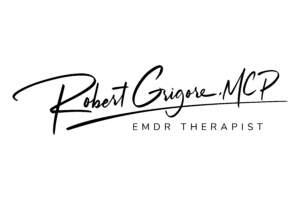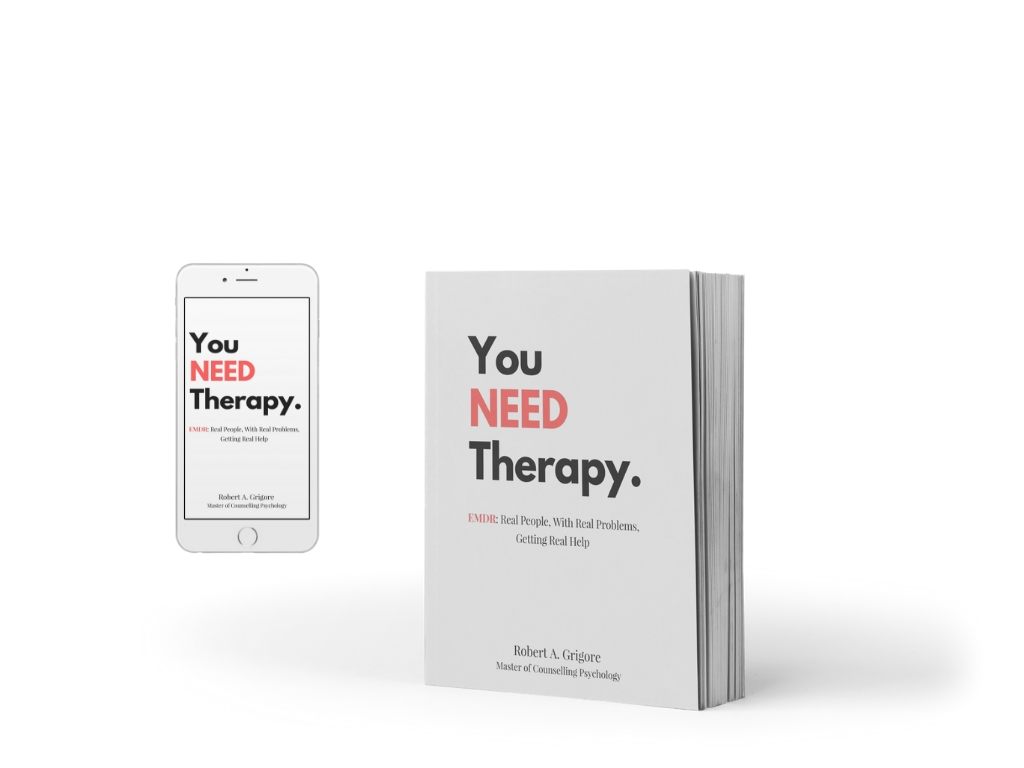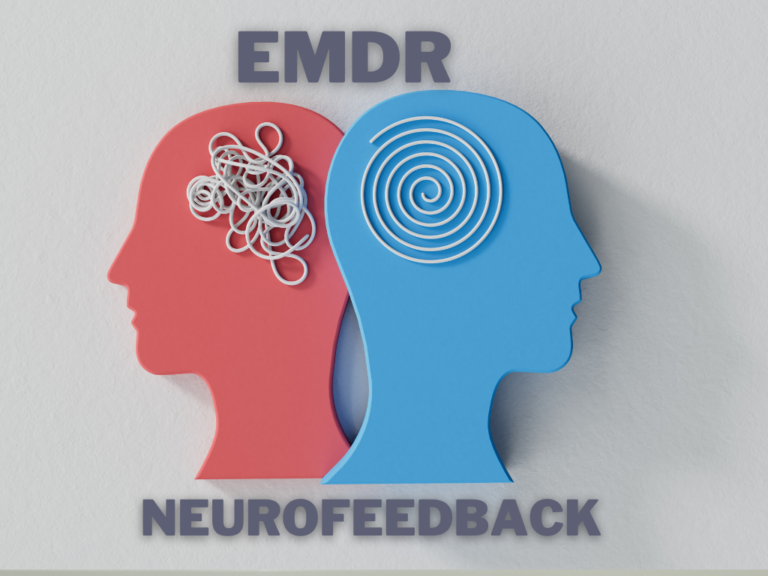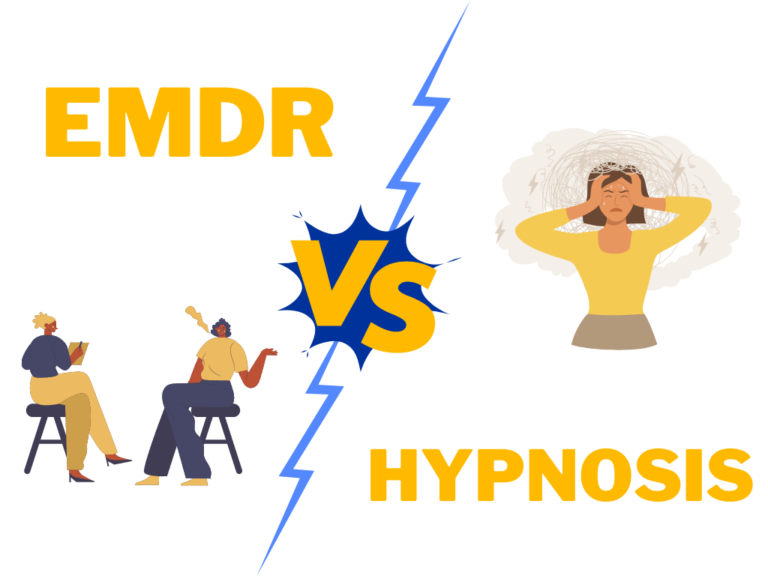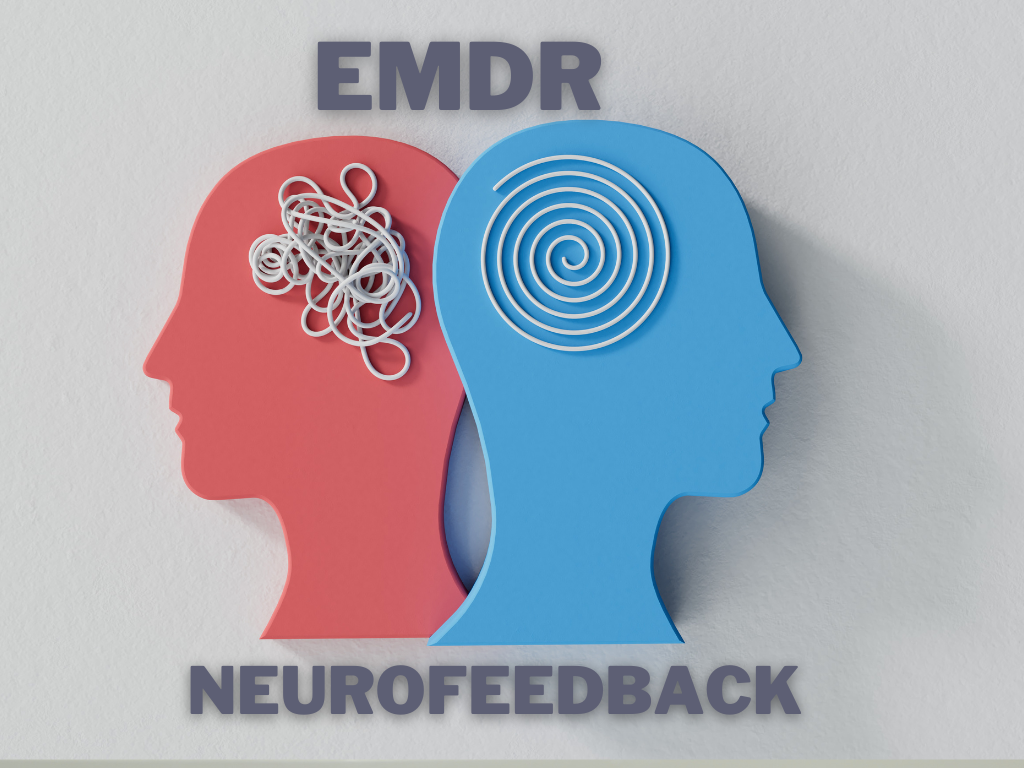Ever put off something for “later,” and then “later” never comes? Do you ever get started on something and then are easily distracted? And then you’re distracted again, and again…soon you forget what you first started doing?
Do these patterns make you feel proud? How about clever? Probably not. Usually, people struggling with procrastination are not fond of this tendency they find themselves repeating this pattern over, and over again…and they feel powerless to stop it.
Often procrastination isn’t just defined in one area of life…it’s present in multiple areas, such as: work, family life, relationship responsibilities, household chores, financial planning, children’s education funds, etc. You name it, you can procrastinate on doing it.
At the heart of most procrastinators is the fear of failure, fear of success, and/or the impossible desire to be perfect.
Although there is something I call “Productive Procrastination,” it’s not exactly a consolation prize.
Productive Procrastination
Productive Procrastination is when one puts off a really big or important task and in the meantime, accomplishes all sorts of smaller tasks.
For example: the person putting off spring cleaning in order to meal prep for the upcoming week. Or the employee who delays working on that big deal in order to catch up on missed work from the previous week.
Productive Procrastination is in fact useful, but it doesn’t feel all that great when the big task is still yet to be completed.
Many answers to procrastination are usually goal-oriented and seeks to improve the individual’s productivity or remove barriers to completing tasks.
I don’t usually think this is the answer.
If the individual is indeed struggling with procrastination because they fear failure, success, or believe they need to be perfect, then there is usually one or more negative beliefs about the self. These negative beliefs could be: “I’m not good enough,” “I cannot succeed,” “I will fail,” “I don’t deserve ___,” “I am bad,” “I need to be perfect,” etc.
When these beliefs remain unprocessed, the individual is triggered by any situation which elicits the unconscious or conscious repeating of this negative statement about the self….and moreover, how that negative belief feels inside the body.
Often, the procrastinator will find that they “somehow” end up starting the task “too late,” so it therefore is impossible to have been completed to their true personal standard…yeah…”somehow” is really “unconsciously clever.”
So the big question is: “How do I ever STOP procrastinating?” Right??
How to STOP Procrastination
Well the answer is really quite simple: you target the negative belief(s) about the self that hold that behaviour in place, and you do that with EMDR.
Because EMDR works on a three-pronged level, often, the individual will be lead to where the original roots of the behaviour, negative belief, and feelings first began. The origin may make sense, or it might be unclear as to its connection with the current problem behaviour. Regardless, it becomes neutralized and the task for the EMDR therapist and the client is to move on through the individual’s history, and other memories responsible for the distress.
This is a good point to stress here: EMDR works by targeting specific memories, not just the behaviour. This is because the maladaptive information is stored in the forms of memories. Once the memories are no longer distressing, the memories can be seen in a positive light, and the individual is free to adapt themselves to the challenges of the present. Without this approach, some part of the individual is stuck operating with old tools (old patterns of behaviour that are no longer useful).
Anyway, before too long, the work turns to current situations that are troublesome, and the individual (having let go of the source of the original distress already), easily drops the unwanted behaviour. Shortly thereafter, the work turns to the future where the client is asked to imagine one or more future scenarios where they would like to no longer procrastinate.
The results are seemingly magical.
EMDR removes the individual’s barriers that are contributing to procrastination, and allows their own unique strengths, resiliency, and creativity to be unleashed. It’s truly an amazing process.
If you are interested in learning more, or would like to leave a comment, drop me a line in the comment box, or reach me below:
With care and the utmost respect,

